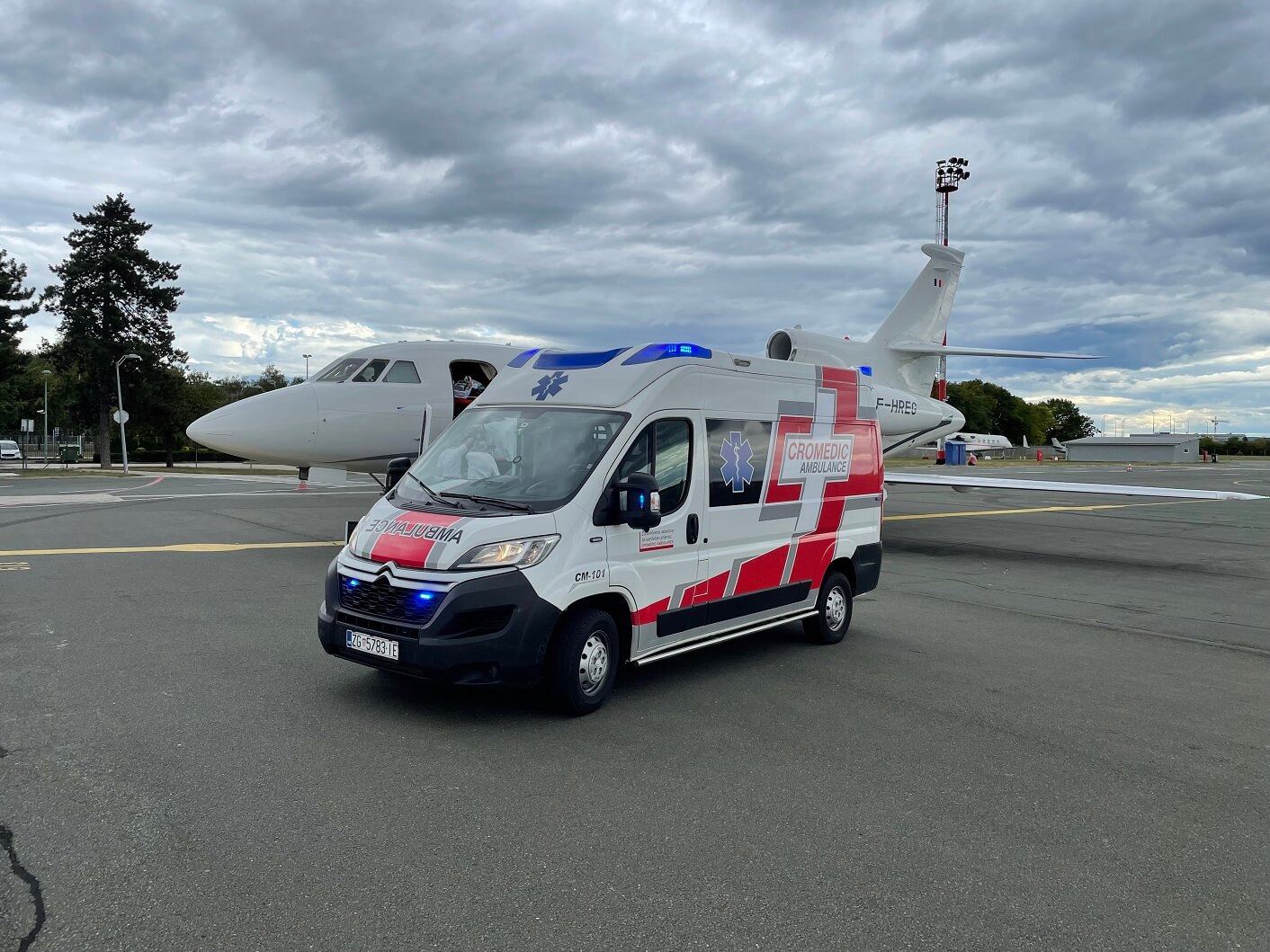Fit-to-Fly Certificate: Ensuring Safe Air Travel
A Fit-to-Fly Certificate is an official document issued by a licensed medical professional that certifies a person is medically fit to travel by air. This certificate is often required by airlines, especially for passengers with pre-existing medical conditions, recent surgeries, or certain illnesses that could potentially be affected by the pressure changes and conditions experienced during a flight.
What is a Fit-to-Fly Certificate?
A Fit-to-Fly Certificate serves as a formal declaration that you have undergone a medical evaluation and have been deemed safe to fly. It involves a thorough assessment of your medical history and current health status by a qualified doctor. The certificate confirms that your health condition will not be adversely impacted by air travel, ensuring the safety and comfort of both you and your fellow passengers.
Who Needs a Fit-to-Fly Certificate?
- Individuals with Pre-Existing Medical Conditions: If you have chronic illnesses such as heart disease, respiratory issues, or any other condition that might be exacerbated by air travel, you may need this certificate.
- Post-Surgery Patients: If you have recently undergone surgery, especially major procedures, a Fit-to-Fly Certificate might be required to confirm you are sufficiently recovered to endure a flight.
- Pregnant Women: Expectant mothers, particularly those in the later stages of pregnancy, may need to present a Fit-to-Fly Certificate to ensure their and their baby’s safety during the flight.
- Individuals with Temporary Illnesses: If you are recovering from an illness or infection that could affect your ability to fly, a doctor’s evaluation might be necessary.
- Elderly Passengers: Seniors with specific health concerns might be asked to provide a certificate to ensure their wellbeing during the flight.
How to Obtain a Fit-to-Fly Certificate
- Consultation: Schedule an appointment with your doctor well in advance of your travel date. Ensure that you provide comprehensive details about your travel plans, including duration and destinations.
- Medical Evaluation: During the consultation, your doctor will perform a physical examination and review your medical history. This may include checking your vital signs, reviewing recent medical tests, and assessing any ongoing treatments.
- Issuance of Certificate: If your doctor determines that it is safe for you to fly, they will issue the Fit-to-Fly Certificate. This document will detail their findings and explicitly state that you are fit to undertake air travel.
Important Considerations
- Airline Policies: Different airlines may have varying requirements for Fit-to-Fly Certificates. It is crucial to check with your airline regarding their specific policies and any additional documentation they might require.
- Validity Period: Ensure that the certificate is dated close to your travel date, as many airlines require the certificate to be issued within a specific timeframe before the flight.
- Additional Documentation: Alongside the Fit-to-Fly Certificate, some airlines might ask for additional medical records or doctor’s notes, especially if you require special assistance during the flight.
Benefits of a Fit-to-Fly Certificate
- Peace of Mind: Knowing that a medical professional has assessed your fitness to fly can alleviate stress and anxiety associated with traveling with a medical condition.
- Safety Assurance: Ensures that any potential health risks associated with flying are addressed beforehand, minimizing the likelihood of in-flight medical emergencies.
- Compliance with Regulations: Helps you comply with airline regulations and avoid last-minute travel disruptions.
A Fit-to-Fly Certificate is an essential document for passengers with specific health concerns, ensuring that air travel is safe and comfortable. By securing this certificate, you not only protect your health but also contribute to the overall safety of air travel for all passengers.


